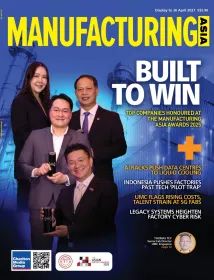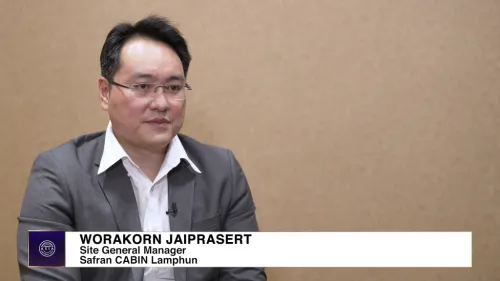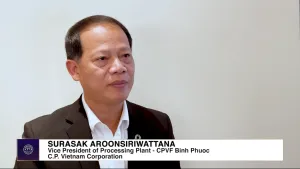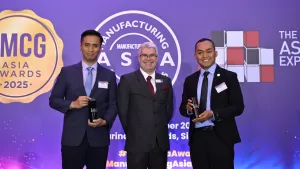High costs slow manufacturers’ shift to sustainable packaging
Early movers gain ground as firms face cost, scale, and regulatory hurdles.
As global demand for sustainable packaging rises, many manufacturers are eager to adapt. But whilst the market presents major growth potential, companies face a reality: the shift comes with high costs, production challenges, and tightening regulations that threaten to stall progress.
According to Assoc. Prof. Goh Puay Guan of the Business, Analytics & Operations department at the National University of Singapore, both packaging users and producers are grappling with this transition. Food and beverage, electronics, and retail companies see clear advantages in adopting eco-friendly packaging to support branding, ESG goals, and regulatory compliance.
At the same time, suppliers of packaging materials see new growth opportunities if they move quickly to meet demand. “As the use of sustainable packaging grows, they would have potentially more business opportunities where more companies require these materials,” he added.
However, Prof. Goh emphasised that cost remains a core obstacle. “Generally, it is more costly because the new materials itself may not be ready. It may cost more to create or to manufacture. The economies of scale for manufacturing the new materials may not be there yet,” he explained.
Whilst longer-term benefits like lower recycling and transport costs may eventually help offset expenses, upfront sourcing costs are still higher compared to conventional materials. There are also consumer-facing challenges. “When we change to more sustainable packaging, if you think paper bags, for example, like brown paper bags, then that may not look as enticing,” Prof. Goh noted, pointing to difficulties in meeting traditional marketing expectations.
For packaging manufacturers like Tetra Pak, the high price of early adoption is compounded by operational and regulatory demands. “One of the key challenges is the initial capital outlay with any new development launch, scaling production volumes and reaching the desired level of pricing comparable to fossil based counterparts,” said Albert Del Fonso, Packaging Portfolio Director for Malaysia, Singapore, Philippines, and Indonesia at Tetra Pak.
Del Fonso also pointed to the added complexity of navigating a patchwork of regulatory frameworks across markets. “There's also the complexity of navigating evolving regulatory landscapes, which differ across markets. For many businesses, especially small medium enterprises, this can feel like a moving target,” he said.
Despite these headwinds, Del Fonso stressed that technology offers a path forward. “By integrating automation and energy efficient systems, manufacturers can offset upfront costs and gains in productivity and resource savings,” he said.
Water reuse technologies, for example, can cut usage by 30%, whilst automation has boosted productivity by 25% in sectors such as dairy and beverages.














